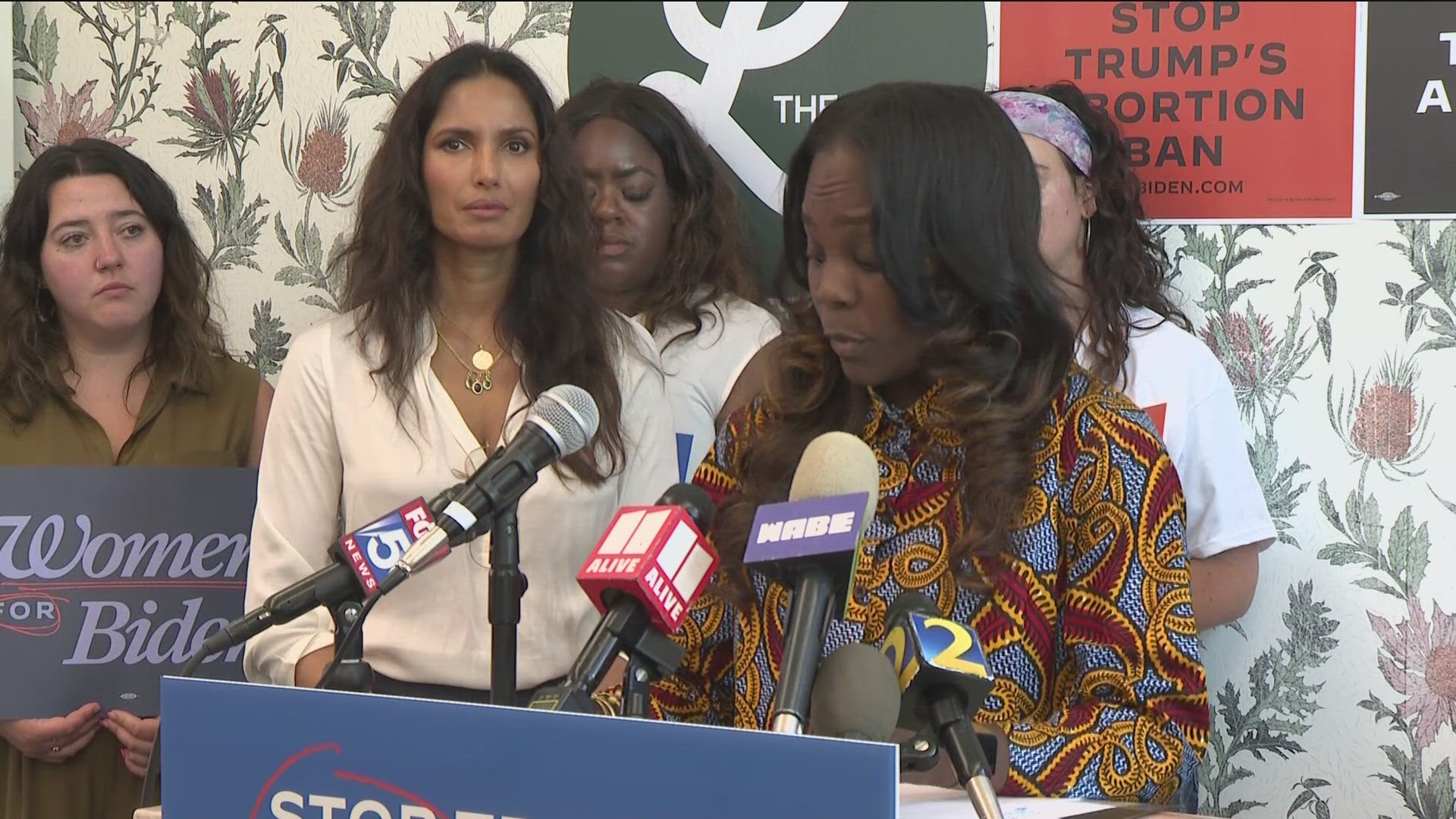ATLANTA — It's been two years since the U.S. Supreme Court handed down its decision in Dobbs vs. Jackson Women’s Health Organization, overturning 50 years of precedent set by Roe vs. Wade. Medical professionals in Georgia said the ruling has drastically impacted how they care for patients.
And it was that morning on June 24, 2022, that Dr. Shawana Moore said her life changed.
"In the years that followed, I wiped away tears from patients that I serve who were turned away for evidence-based healthcare," Moore recalled.
The Supreme Court's decision on Dobbs vs. Jackson Women’s Health shifted decisions about abortion access to the states. In November 2022, the Georgia Supreme Court temporarily reinstated the state's ban on abortions starting roughly at six weeks.
Since then, Moore, a nurse practitioner and Emory University professor, has been concerned about further changes to the law limiting her ability to care for patients.
"I go to work each day fearing what will happen to me if I'm prosecuted, criminalized, or even jailed for providing care to the patients who really need it," Moore said.
Moore noted that her patients from Black and Brown communities, who were already struggling, have been affected the most.
"Those communities are disproportionately impacted by a lack of access to health care and limited resources," Moore explained.
Planned Parenthood Southeast’s medical director, Dr. Megan Cohen, has also had to turn patients away -- even as women travel across state lines seeking access to abortions.
"I've seen patients from as far as Texas, Louisiana, Tennessee and Mississippi come here to see us," Cohen said.
She added that the patchwork of abortion laws across states is confusing patients and leading to delays in care, including the management of miscarriage or early pregnancy loss.
Cohen and Moore agree that the past two years have been filled with fear for both them and their patients.

